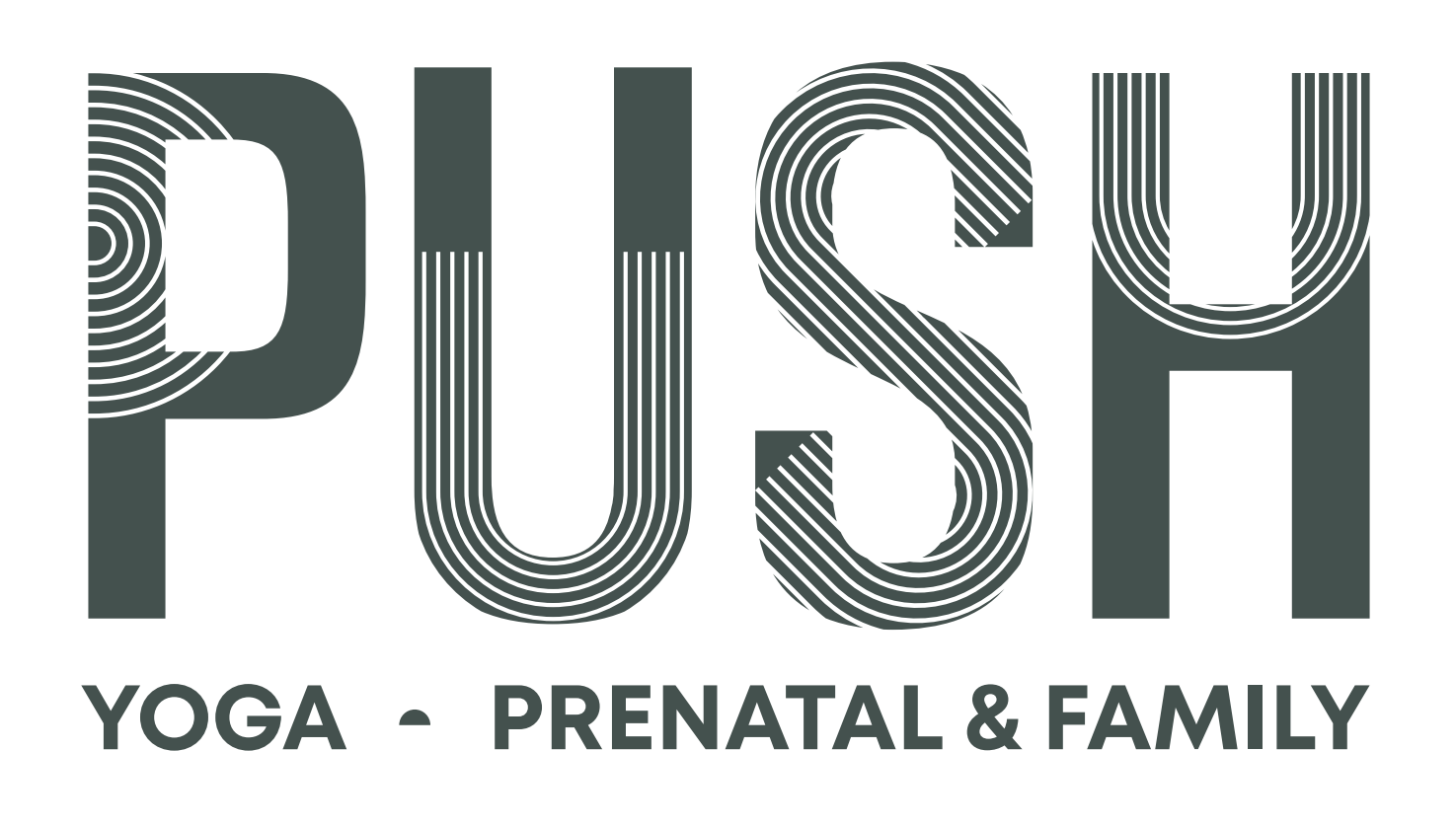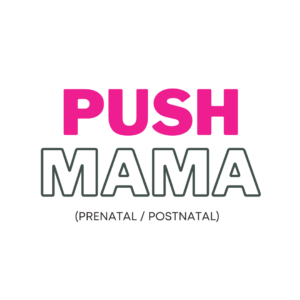Pregnancy is a transformative journey filled with countless decisions aimed at nurturing the health and well-being of both mom and baby. Among these decisions, prenatal yoga and exercise stands out as a powerful tool with far-reaching benefits that extend beyond the mother’s own health. Recent research has shed light on the profound impact of prenatal exercise on the development and health of the baby, highlighting the crucial role of the placenta in transferring nutrients and promoting optimal fetal growth. Let’s explore how prenatal exercise can positively influence your baby’s health.
The Placental Connection:
The placenta serves as a vital lifeline between mother and baby, facilitating the exchange of nutrients, oxygen, and waste products throughout pregnancy. This remarkable organ plays a pivotal role in supporting fetal growth and development, making its health and function crucial for the well-being of the baby. Studies have shown that maternal lifestyle factors, including diet, stress levels, and physical activity, can significantly impact placental health and function, ultimately influencing the baby’s long-term health outcomes.
The Role of Prenatal Exercise:
Emerging evidence suggests that prenatal exercise plays a key role in promoting placental health and optimizing nutrient transfer to the developing baby. A study published in the Journal of Physiology found that regular maternal exercise during pregnancy enhances placental vascular function, resulting in improved blood flow and nutrient delivery to the fetus. This increased blood flow not only ensures adequate oxygen and nutrient supply to support fetal growth but also helps remove waste products, promoting a healthy environment for the baby to thrive.
Furthermore, research published in the British Journal of Sports Medicine indicates that prenatal exercise may positively influence placental morphology, leading to structural adaptations that support optimal nutrient exchange and fetal development. These findings underscore the importance of incorporating regular physical activity into prenatal care to promote a healthy placenta and optimize fetal outcomes.
Benefits for Baby:
The benefits of prenatal exercise extend beyond placental health, directly impacting the overall health and well-being of the baby. Studies have shown that babies born to mothers who engage in regular exercise during pregnancy are more likely to have a healthy birth weight, reduced risk of preterm birth, and improved cardiovascular health later in life. Additionally, prenatal exercise has been linked to enhanced neurodevelopmental outcomes, including improved cognitive function and reduced risk of neurodevelopmental disorders.
As our understanding of the intricate relationship between maternal lifestyle factors and fetal development continues to evolve, prenatal exercise emerges as a powerful intervention with profound implications for both mom and baby. By promoting placental health and optimizing nutrient transfer, regular physical activity during pregnancy lays the foundation for a healthy pregnancy, optimal fetal growth, and long-term health outcomes for the baby. As you embark on your prenatal journey, remember the significant impact that exercise can have on your baby’s health, and prioritize regular physical activity as an essential component of your prenatal care regimen.
References:
- May, L. E., Glaros, A., Yeh, H. W., Clapp, J. F., & Gustafson, K. M. (2010). Aerobic exercise during pregnancy influences fetal cardiac autonomic control of heart rate and heart rate variability. Early human development, 86(4), 213-217.
- Clapp III, J. F. (2003). The course of labor after endurance exercise during pregnancy. American journal of obstetrics and gynecology, 188(2), 559-566.
- O’Connor, D. L., Blake, J., Bell, R., Bowen, A., Callum, J., Fenton, S., … & Gagnon, R. (2016). Canadian consensus on female nutrition: adolescence, reproduction, menopause, and beyond. Journal of Obstetrics and Gynaecology Canada, 38(6), 508-554.
- Artal, R., & O’Toole, M. (2003). Guidelines of the American College of Obstetricians and Gynecologists for exercise during pregnancy and the postpartum period. British journal of sports medicine, 37(1), 6-12.




